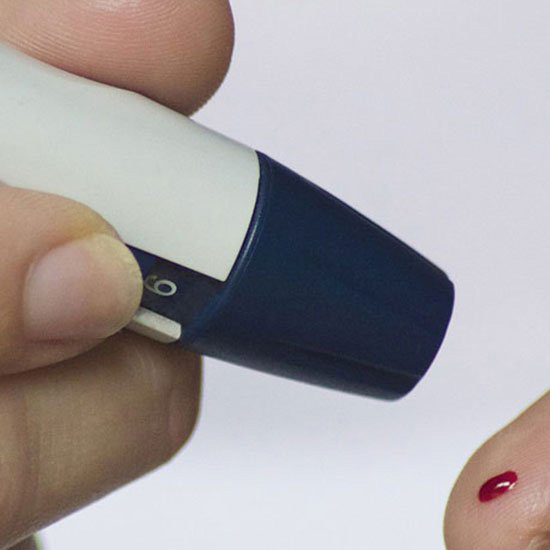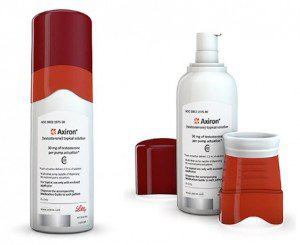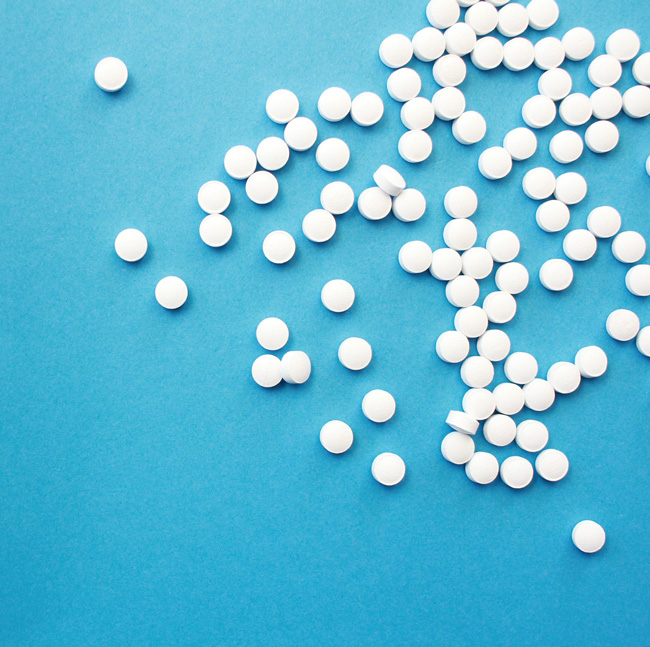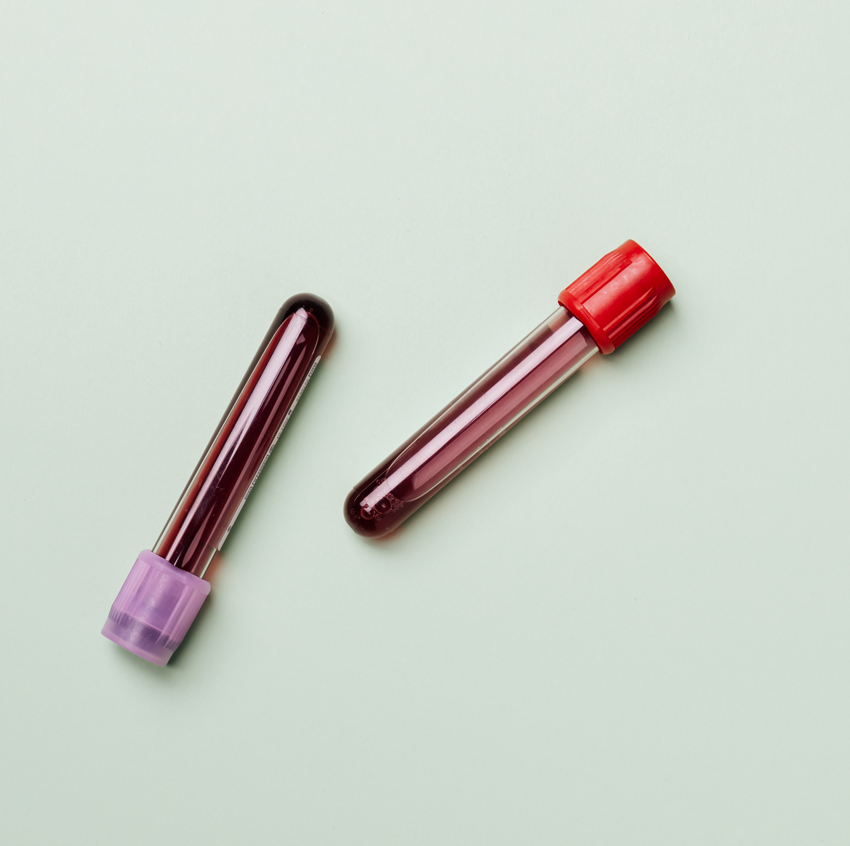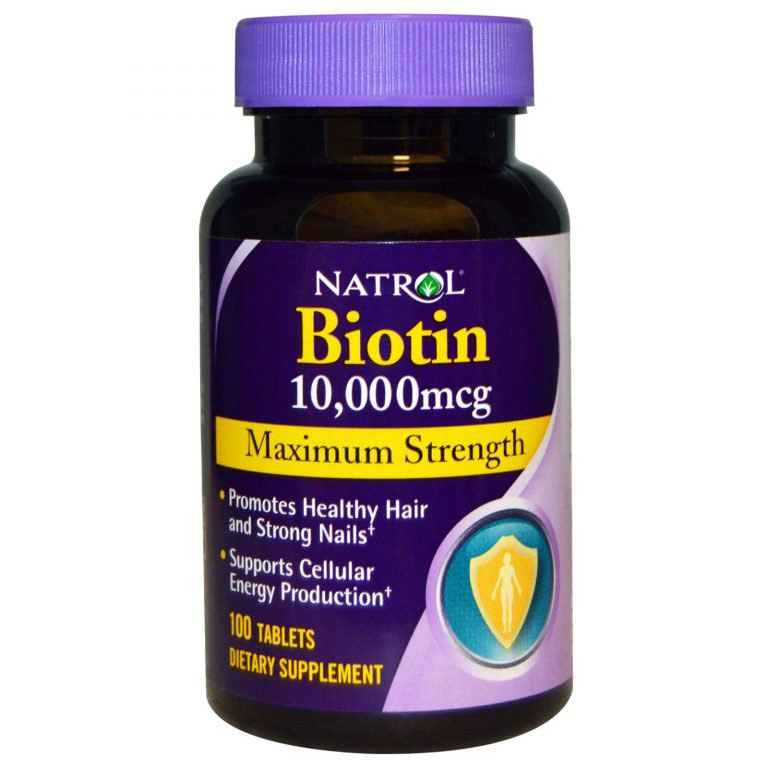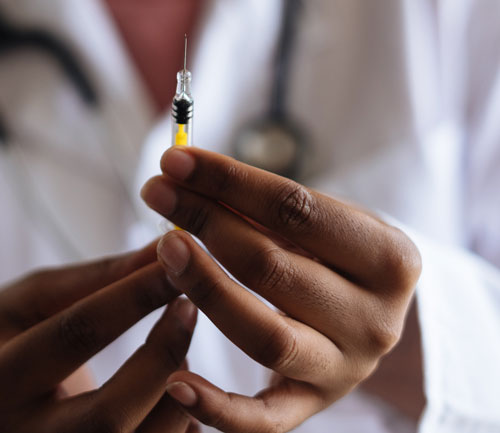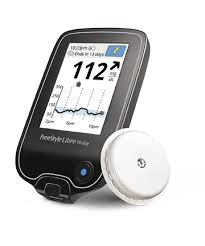Alcohol and Type 1 Diabetes
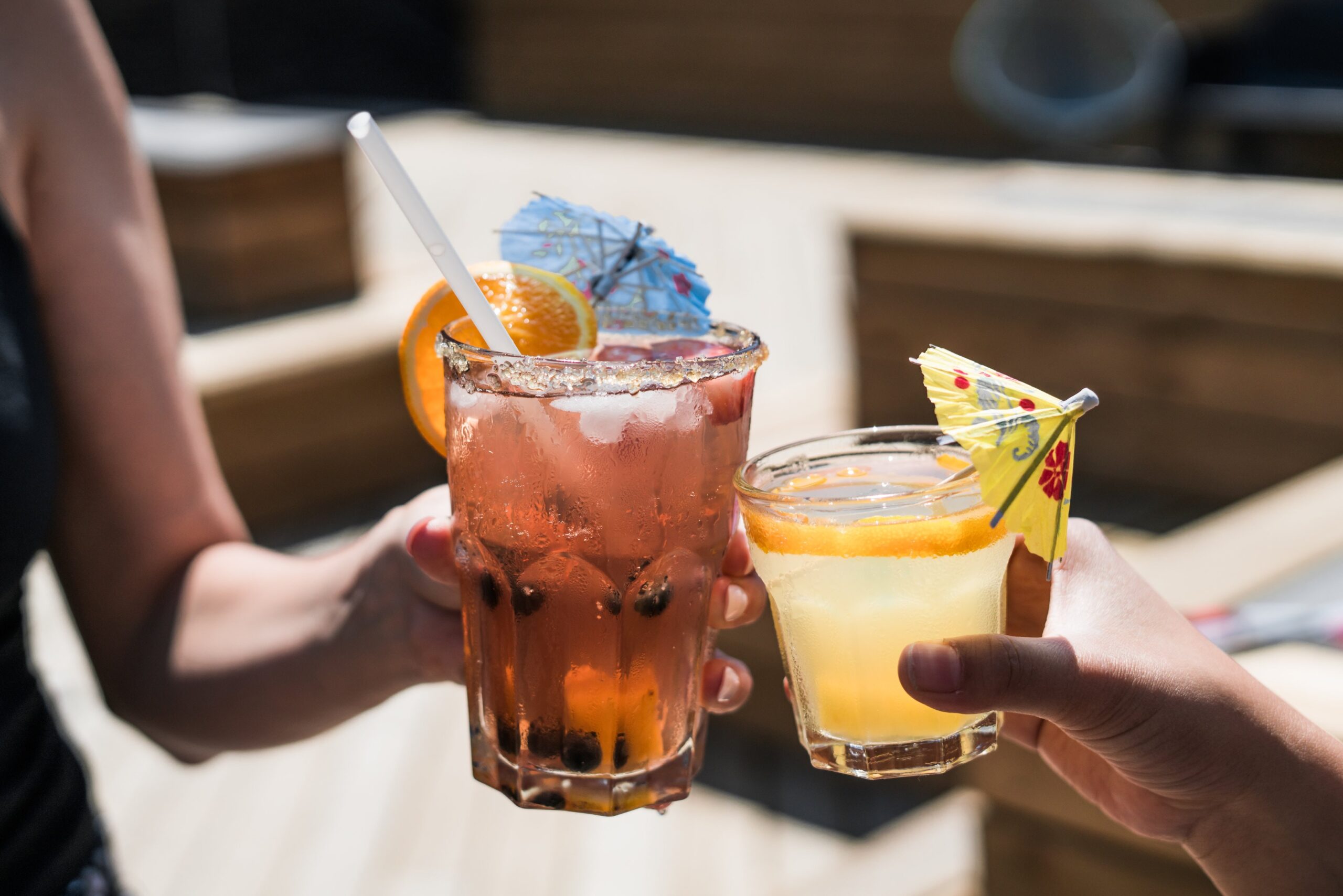
November 10, 2017
When I was first diagnosed with type 1 diabetes, I was told that I should completely avoid alcohol because of the detrimental health effects. At 24-years-old, this was a very daunting task as many social functions revolve around alcohol whether it’s happy hour, birthday parties, or even religious ceremonies. We all know that drinking alcohol to excess is not good for anybody’s health, however, I believe that people with type 1 diabetes should still be able to enjoy alcohol in moderation. Moreover, they may be using it anyway, so clinicians need to be prepared to have an open dialogue about it. Many of us are diagnosed during our adolescence and into our early 20s and we are confronted with multiple decisions regarding alcohol. Thus, we need a more realistic approach to our relationship with alcohol. Helping patients develop a safe plan in regard to its use is important, as is also making sure there are no additional health concerns, which could exclude alcohol use altogether.
Sean Iwamoto, MDFellowUniversity of Colorado School of Medicine, Division of Endocrinology, Metabolism, & DiabetesAurora, CO
Dr. Tyler Basen again provides readers with a personal and practical look into another aspect of living with type 1 diabetes (T1DM): alcohol consumption. Agreeing that excessive drinking is unhealthy regardless of the presence or type of diabetes, it is also important to address safe and realistic alcohol consumption in moderation with patients. There are no clinical practice guidelines for how to manage alcohol intake in T1DM but Dr. Basen’s advice and references are excellent points to keep in mind for patients with T1DM and their family and friends.
Dr. Basen points out that each person with T1DM will react differently to alcoholic drinks and it may take time for a patient to understand their body’s response to alcohol. This is related to what they recently ate (or did not eat), their drinks’ ingredients, and their body’s sensitivity to alcohol, carbohydrates, and insulin. Dr. Basen’s list of advice is similar to the tips on alcohol and diabetes from the American Diabetes Association’s website – Keyword: Alcohol.
Not everyone with T1DM commits, or needs to commit, to abstinence from alcohol, or has a contraindication to drinking alcohol, so it is important for providers to discuss with their patients the relationship between safe alcohol consumption and blood glucose responses, monitoring, and management. Understanding beforehand how alcohol causes hypoglycemia and hyperglycemia can help patients with T1DM minimize or prevent those excursions and complications.
Full Critique
When I was first diagnosed with type 1 diabetes, I was told that I should completely avoid alcohol because of the detrimental health effects. At 24-years-old, this was a very daunting task as many social functions revolve around alcohol whether it’s happy hour, birthday parties, or even religious ceremonies. We all know that drinking alcohol to excess is not good for anybody’s health, however, I believe that people with type 1 diabetes should still be able to enjoy alcohol in moderation. Moreover, they may be using it anyway, so clinicians need to be prepared to have an open dialogue about it. Many of us are diagnosed during our adolescence and into our early 20s and we are confronted with multiple decisions regarding alcohol. Thus, we need a more realistic approach to our relationship with alcohol. Helping patients develop a safe plan in regard to its use is important, as is also making sure there are no additional health concerns, which could exclude alcohol use altogether.
The relationship between alcohol and hypoglycemia
Of primary importance is ensuring that those with diabetes understand the physiological response alcohol can have on their bodies. Mainly, it can increase the risk of hypoglycemia. Many are aware of the long-term effects of alcohol on the liver, however it is the short-term effects that get us into trouble. The liver is a vital organ for the daily regulation of our blood sugar through two main processes, which include glycogenesis/glycogenolysis and gluconeogenesis. When we consume excess carbohydrates our liver can store sugar in the form of glycogen (glycogenesis) and then break it down for use (glycogenolysis) when needed such as during a brief fast or exercise. When our glycogen stores are depleted our liver can then actually produce glucose and release it into our bloodstream (gluconeogenesis). All of this happens several times a day even when we sleep. These processes are however hindered by the consumption of alcohol, even a modest amount can lead to hypoglycemia sometimes several hours after our last beer! Therefore, patients should be advised that if they do have a night out with drinks, it is necessary for them to continue to monitor their blood sugar levels especially before sleep.
Many people with diabetes often wonder why their blood sugar is high, sometimes even in the 200s-300s, after drinking. And the answer to this question is that it depends on the type of alcohol. Beer is carbohydrates! And, several mixologists concoct delicious cocktails that often have syrups, juices, or sodas in the them, all of which can cause a person’s blood sugar to skyrocket. It’s important to advise patients to be aware of the ingredients in their drinks. Even a virgin (no alcohol) cocktail can pose a problem because of sugar content. The University of California San Francisco has produced an excellent outline of the calories and carbohydrate content in drinks such as beer, wine, and cocktails. For those who love craft beers, unfortunately it can be difficult to gauge the carbohydrate content as most do not come with a nutrition label, especially when poured from the tap. In my experience, heavier beers such as Indian Pale Ales (IPA), stouts, pale ales, and wheat beers will have higher carbohydrate content usually between 12g-20g. In general, most of these beers may require 1 unit of insulin if using the 15g to 1 unit ratio.
So far, it’s clear that alcohol can cause lability in an individual’s blood sugar level. However, one small study followed 14 people with diabetes while drinking and discovered glucose variation, but not necessarily increased risk of hypoglycemia. Nonetheless, from experience I still find alcohol to even decrease my blood sugar the following day, so it’s important for clinicians to note that each person will have different reactions. The delicate dance of drinking and managing diabetes is by no means easy and should be approached judiciously.

